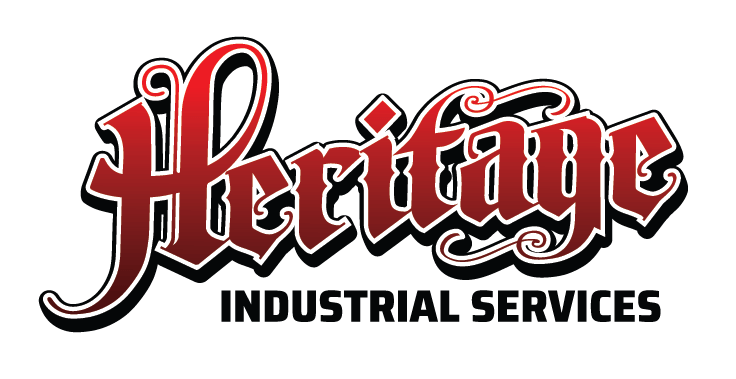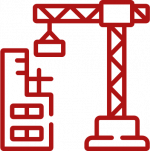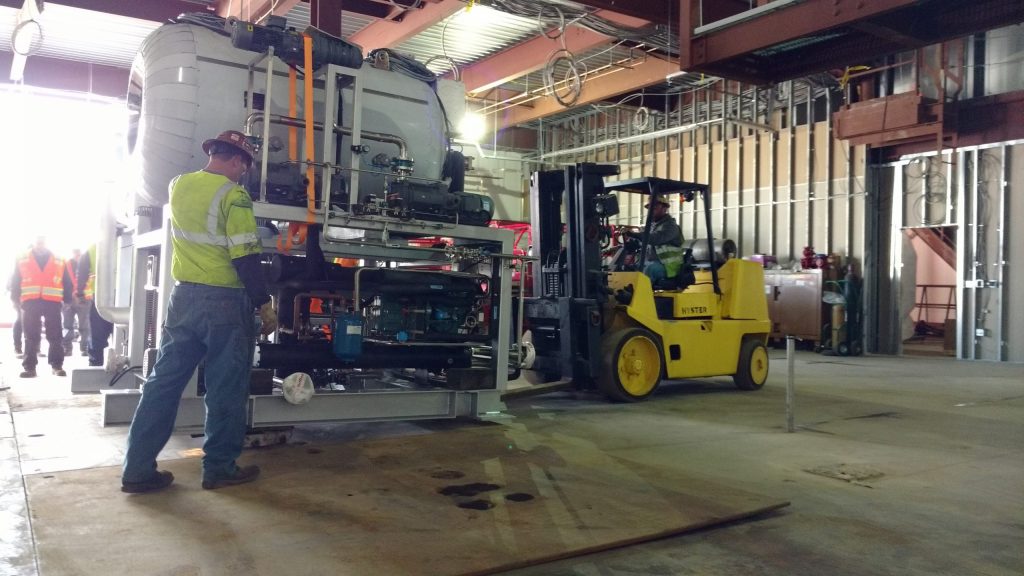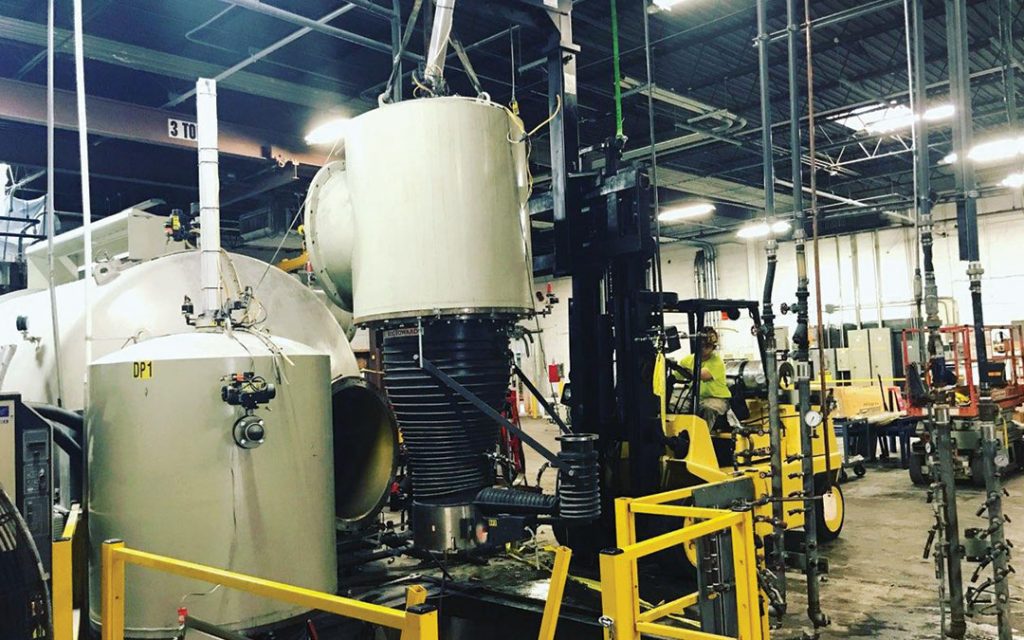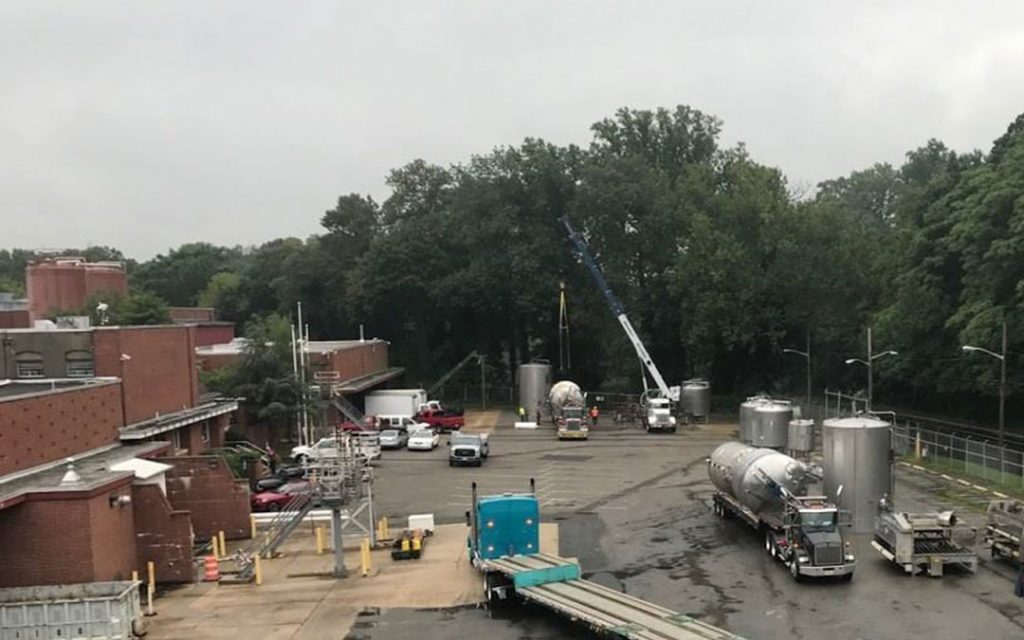DOING IT RIGHT.
NO EXCUSES, JUST SOLUTIONS.
Industrial rigging, dismantling and millwright services
NO EXCUSES, JUST SOLUTIONS.
SINGLE-SOURCE RIGGING
AND MACHINERY MOVING
Relocating your plant or warehouse is a technical and challenging process. At Heritage, we provide turnkey rigging services to handle your project from beginning to end.
We are experts in industrial machinery moving, with dedicated rigging, dismantling and millwright resources and over 90 years of combined experience to ensure your project is completed safely and in a timely manner.
Based in NJ, serving customers nationwide.
INTEGRITY. EXPERIENCE.
PROFESSIONALISM.
We know downtime for your organization equals money lost, so we’ll work with you to schedule your job with minimal disruption to your operation. Our crew has proudly helped organizations across the country with all aspects of industrial machinery moving.
We handle all phases of your project, so you’ll work with a single point of contact for your job. Our in-house team is able to plan and execute your rigging project with controlled project costs, accurate timelines and technical precision.
OUR PROJECTS
From relocating plants of Fortune 500 companies to installing equipment for local manufacturers, we’ve done it all.
We approach all projects the same way – with a priority on safety, technical excellence and a dedicated approach to our craft.
THE HERITAGE DIFFERENCE
WHAT OUR
CLIENTS THINK
Get moving on your free quote
Fill out your information below, or give us a call at 609-752-0143
"*" indicates required fields
